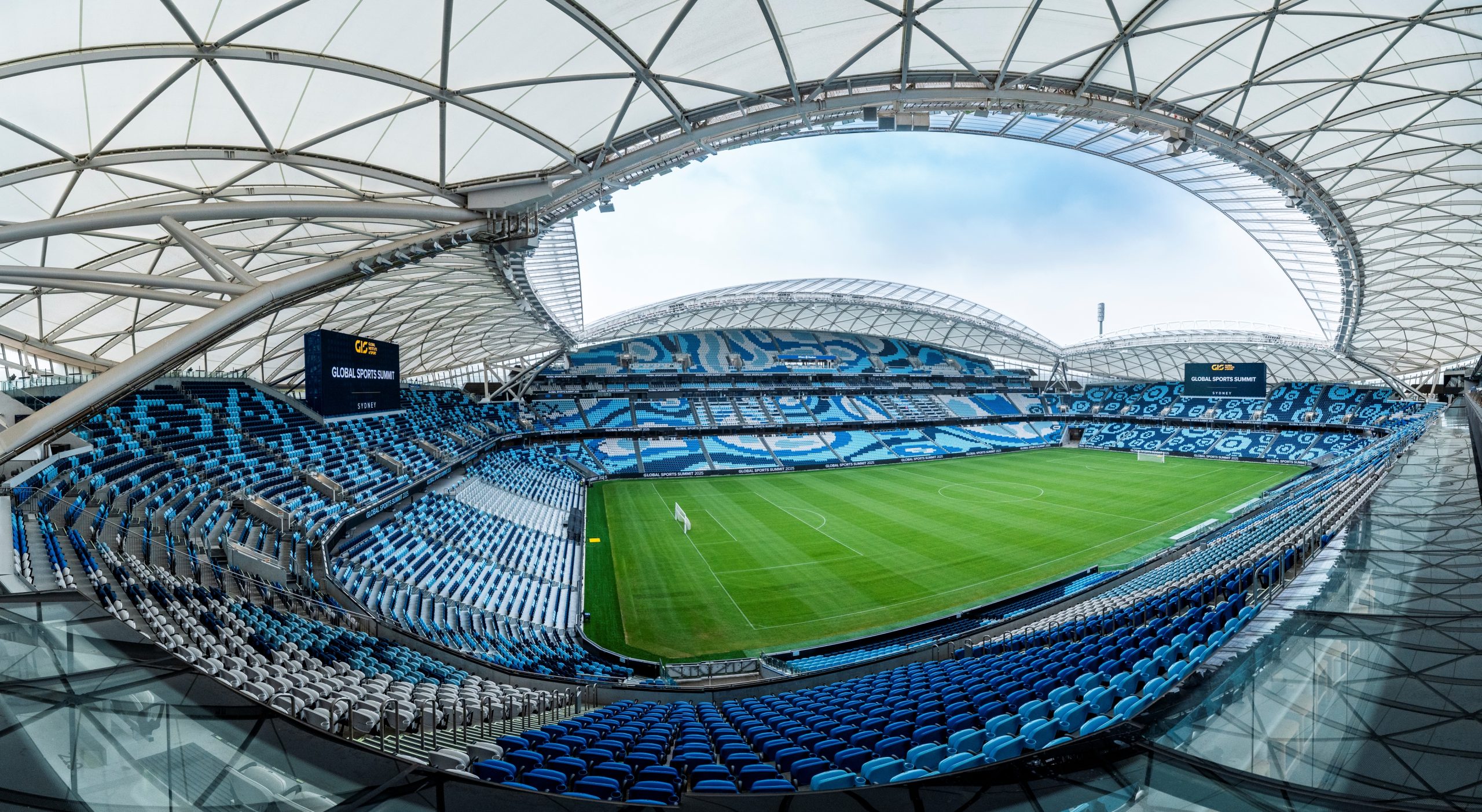The True Value of Sporting Venues

Sports stadiums can be big. Very big. They can also be expensive and time consuming to construct, making it easy to wonder if the stadium’s output warrants the investment.
Yet there is constant talk about which top team is next in line to build a new ground, so this article will look at answering the question and outline the benefits that sporting venues can bring to both the local economy and the wider country.
Let’s take London’s newest Premier League ground as an example.
The Tottenham Hotspur Stadium opened in 2019 after a three-year build and £1 billion price tag, becoming the club’s new 62,000 seater home.
According to a report that analysed the club’s socio-economic contribution to the area, the stadium contributes around £900 million to London’s economy, with spending ranging from hotels and shops in the local area to contractors hired by the club.
This includes a GVA (Gross Value Added) of £344 million in the 2021/22 season—the stadium’s first with full attendance following the COVID-19 pandemic— contributed to the three boroughs surrounding the venue (Haringey, Enfield, and Waltham Forest).
With its GVA predicted to rise to £585 million by 2027, the venue is also reported to support 3,700 jobs in the same area—1,800 of which are directly employed by the club.
This comes as part of a wider trend in English football where new stadiums aim to play a large role in community regeneration, with Manchester United recently announcing plans for a venue that would not only see the construction of the UK’s largest stadium, but a public plaza “twice the size of Trafalgar Square.”
Another notable example is the Birmingham Sports Quarter. As part of a government-backed project, Birmingham City Football Club has announced plans to construct a sporting complex that will contain the club’s home ground, a concert venue, and retail outlets. The government estimates that the finished product will create 8,400 new jobs.
Education is another key part of many stadiums’ community impact, with schools and colleges in surrounding areas often supported by the clubs themselves, as is the case with Tottenham Hotspur and West Ham.
This also extends to universities, with sporting venues often serving as education hubs. GIS is a prime example of this, using stadiums like Wembley and BMO Field as classrooms to provide aspiring sports professionals with the education that supports their career goals.
Students studying here may even go on to work at some of the world’s most iconic venues, and the impacts of these often extend beyond the local area. This is because large venues can act as symbols of a country’s sporting prestige, giving the nation a form of soft power.
An intangible benefit of sports grounds, an iconic venue (think the Maracana, La Bombanera or Wimbledon) reinforces the idea of its country being a major sporting power—a significant position to have considering the $2.65 trillion revenues of the industry. Another example is Wembley Stadium, a sporting hub that is known by the nickname the ‘Home of Football.’
As well as representing the country they belong to, stadiums can also be seen as marketing gold for brands that choose to sponsor them.
The Emirates Stadium, Allianz Arena and the Hard Rock Stadium are some of the many examples of sporting venues almost synonymous with the teams that play there. Often, the stadium name even precedes the company itself, showing the marketing value that sponsoring a venue can bring.
From Wembley Stadium to the Melbourne Cricket Ground, GIS students have access to elite sporting venues as part of their studies, learning from expert lecturers in the ideal sporting environment.
Students can study a variety of subjects from International Sport Management to Coaching and Analysis in a range of locations around the world.
To discover more, explore our course offerings to find your next step towards a career in the exciting sports industry.
Article by Zakaria Anani
You may also be interested in

Latest news
December 17, 2025 |
The Business of The Ashes: Broadcast Deals, Sponsorships and Attendance Figures
Read Post

Latest news
March 6, 2025 |
Breaking Barriers: GIS Champions Women in Sport This International Women’s Day
Read Post

Latest news
December 12, 2024 |
Women’s Sport in Australia
Read Post
Our Partners













